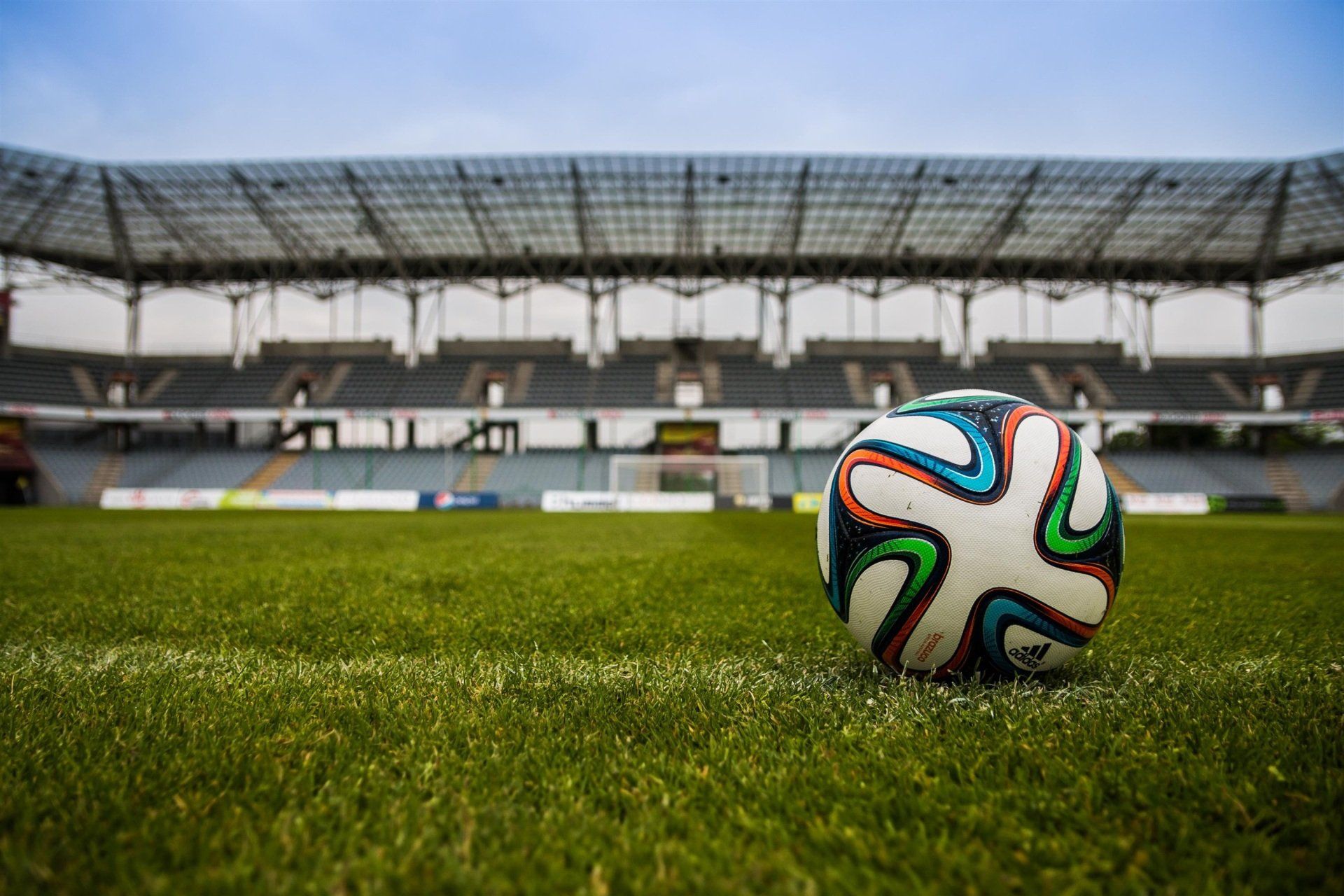Sports Medicine.
What is sports medicine?
Sports Medicine, also known as sports and exercise medicine (SEM), is a branch of medicine that deals with the treatment and prevention of sports and exercise-related injuries and improving fitness and performance. The main objective of sports medicine is to help individuals engage in sports and exercise in a safe and effective manner to accomplish their training goals.
A sports medicine team may comprise medical and non-medical specialists, such as physicians, surgeons, athletic trainers, physical therapists, sports psychologists, nutritionists, coaches, and personal trainers. Most sports medicine physicians deal with non-operative musculoskeletal conditions. Others are orthopedic surgeons who have decided to focus their practice on the surgical treatment of sports injuries.
Sports medicine is not a medical specialty in itself. Most sports medicine doctors are certified in internal medicine, emergency medicine, family medicine, orthopedics, or another specialty and then acquire additional training with a 2-year fellowship in sports medicine to be certified as a sports medicine specialist.

WHO ARE SPORTS MEDICINE SPECIALISTS?
Sports medicine specialists are medical doctors who specialize in the diagnosis and treatment of sports- or exercise-related injuries and illness. A sports medicine specialist focuses on the medical, therapeutic, and functional aspects of exercise and works directly with athletes to improve their overall sports performance. Although sports medicine specialists work exclusively with athletes, the majority will treat anyone who needs treatment for a sports or exercise-related injury.
Sports medicine specialists treat a wide range of physical conditions, including acute traumas such as fractures, sprains, strains, and dislocations. They also treat chronic overuse injuries including tendonitis, degenerative diseases, and overtraining syndrome.
WHAT ARE SPORTS INJURIES?
Sports injuries are injuries sustained while playing indoor or outdoor sports such as football, basketball, hockey, baseball, and tennis, or while exercising. Sports injuries can result from sports accidents, inadequate training, improper use of protective devices, or insufficient stretching or warm-up exercises. Common sports injuries include bone, muscle, ligament and tendon injuries that commonly involve joints such as the shoulders, knees, hips, ankles and feet.
Some of the common types of sports injuries treated by sports medicine specialists include:
- Anterior cruciate ligament (ACL) tears
- Concussion
- Fractures
- Knee cartilage injuries
- Meniscal tears
- Nerve compression injuries
- Patellar Tendonitis
- Posterior cruciate ligament (PCL) injuries
- Shoulder dislocation
- Shoulder separation
- Sprains and strains
- Tennis elbow (lateral epicondylitis)
- Tendonitis
TREATMENT FOR SPORTS INJURIES
Treatment includes management of bruises, strains and sprains, fractures, dislocations, chronic injuries, torn shoulder ligaments, ACL ligament repair in the knee as well as cartilage and meniscal repairs. Surgery is mostly accomplished by minimally invasive methods and healing is expedited by physical therapy and a rehabilitation program to ensure a quick return to your sporting activities.
The most common non-surgical or conservative treatment recommended for sports injuries include:
- Rest, Ice, Compression, and Elevation (RICE) Therapy:
- Rest: Avoid activities that may cause injury.
- Ice: Ice packs can be applied to the injured area, which will help to diminish swelling and pain. Ice should be applied over a towel to the affected area for 15-20 minutes, four times a day for several days. Never place ice directly on the skin.
- Compression: Compression of the injured area helps to reduce swelling. Elastic wraps, air casts and splints can accomplish this.
- Elevation: Elevate the injured part above the heart level to reduce swelling and pain.
- Activity Modification: Avoiding activities that trigger symptoms and changing your lifestyle
- Physical Therapy: Regular exercise regimen to improve range of motion and strengthen muscles
- Anti-inflammatory Medication: Meds like naproxen and ibuprofen are used to relieve inflammation and pain.
- Cortisone Injection: If physical therapy, medications, rest, and activity modification do not yield the desired results, then a cortisone injection may be helpful. Cortisone is a very effective anti-inflammatory medicine for conditions such as bursitis and is a long-term pain reliever for tears and structural damage.
Surgical treatment is employed when an individual has sustained serious sports injury by means of a severe fracture, bone displacement, and soft tissue tears not amenable to conservative treatment.
Some of the common surgeries performed on athletes include:
- Anterior cruciate ligament (ACL) reconstruction
- Rotator cuff repair
- Arthroscopy of knees, shoulders, and ankles
- Shoulder instability surgery
- Tendon repair
- Cartilage restoration
- Fracture repair
- Labral repair
- Biceps tenodesis surgery
- Concussion treatment
PREVENTION OF SPORTS INJURIES
Some of the measures employed and advised by sports medicine specialists to prevent sports-related injuries include:
- Follow an exercise program to strengthen your muscles.
- Gradually increase your exercise level and avoid overdoing the exercise.
- Ensure that you wear properly-fitted protective gear such as elbow guards, eye gear, face masks, mouth guards and pads, comfortable clothes, and athletic shoes before playing any sports activity, which will help reduce the chances of injury.
- Make sure that you follow warm-up and cool-down exercises before and after a sports activity. Exercises will help to stretch the muscles, increase flexibility and reduce soft tissue injuries.
- Avoid exercising immediately after eating a large meal.
- Maintain a healthy diet, which will help to nourish the muscles.
- Avoid playing when you are injured or tired. Take rest breaks after playing.
- Learn all the rules of the game you are participating in.
- Ensure that you are physically fit to play the sport.


